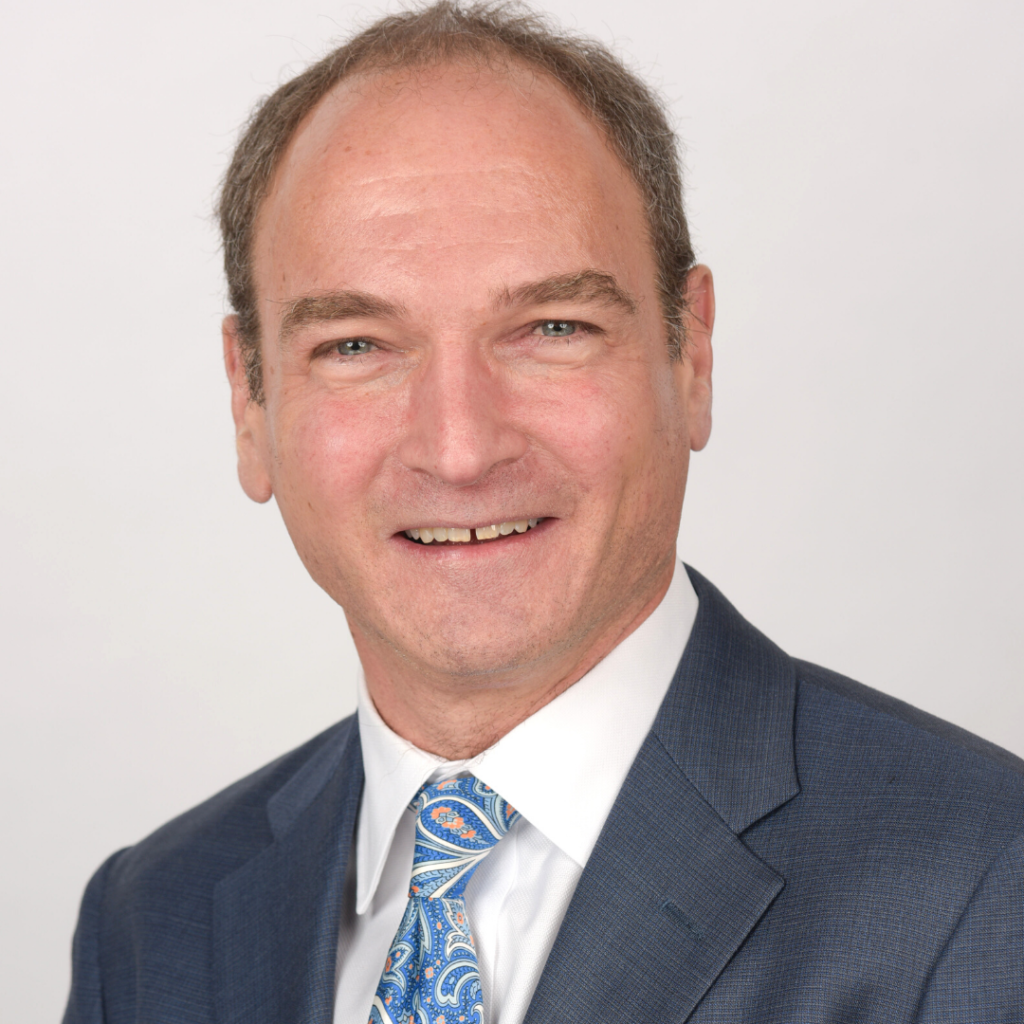
Dr. Peter Kertes: A Personal and Professional Crusade Against Blindness
For esteemed ophthalmologist Dr. Peter Kertes, it’s both personal and professional. Dr. Kertes believes there’s more hope than ever before for people living with blinding eye diseases — and this is why he’s been involved with Fighting Blindness Canada (FBC) for nearly two decades. “It’s a natural connection for me,” he says. “My wife and her sister have an autosomal dominant form of retinitis pigmentosa. So I don’t just do the work professionally — I have a deep personal connection to inherited retinal diseases as well.”
Dr. Kertes is currently a professor and Chair of Ophthalmology and Vision Sciences at the University of Toronto, Ophthalmologist-in-Chief at Kensington Eye Institute, and a vitreoretinal surgeon with appointments at Kensington Eye Institute, Sunnybrook Health Sciences Centre, and SickKids. Along with his vested interest in inherited retinal diseases due to his wife’s family history, Dr. Kertes is passionate about his work and the ongoing search for new treatments and cures due to his deep commitment to his patients. “I’m always inspired by how they overcome their vision loss and do great things in the world,” he says.
Dr. Kertes is also a respected and prolific researcher, which is part of what initially drew him to FBC. He finds supporting students and researchers in his department deeply gratifying, including securing grants for clinician scientists like Dr. Brian Ballios. “We have lots of scientists at the University of Toronto who have gotten funding from FBC that has helped to launch their careers and their research,” says Dr. Kertes. “We’re all part of the same team and this is a great way to support them.”
For Dr. Kertes, investing in research is an obvious decision. The hope for a treatment or cure always looms large for him, both as a retina surgeon and as a family member of somebody living with vision loss. “Moving science forward seems to have the most appeal,” he says.
And with recent successes in potential treatments for inherited retinal diseases — including gene therapy, gene editing, optogenetics therapy, and stem cell therapy — it’s an exciting time to be in the field. “The recent gene therapy that we’ve been able to offer for people with Leber congenital amaurosis and retinitis pigmentosa has been tremendous,” says Dr. Kertes. “I’ve been waiting my whole professional life for something like this to come along. And I feel like the floodgates have been opened and there’s lots more coming.”
Over the years, Dr. Kertes has also supported FBC through his ongoing participation in fundraising events like Cycle for Sight and Comic Vision, along with serving on the board for 10 years.
“I think I’ve done Cycle for Sight every year that it’s been going,” he says. “Many of my patients and family members have been very keen to support me on those rides.”
Dr. Kertes is looking forward to continuing to participate and fundraise and will be participating in FBC’s new MOVE FOR SIGHT fundraising challenge. “It’s a fun and inspiring event,” he says. “I like the fact that it has morphed into this more inclusive activity that allows people to do things other than cycling. We all have lots of different ways to stay active.”
FBC is grateful to Dr. Kertes for his ongoing support and dedication to advancing the fight against blindness. His tireless efforts, both personally and professionally, continue to inspire hope and progress in the quest for treatments and cures for retinal diseases.
Join the Fight!
Learn how your support is helping to bring a future without blindness into focus! Be the first to learn about the latest breakthroughs in vision research and events in your community by subscribing to our e-newsletter that lands in inboxes the beginning of each month.

